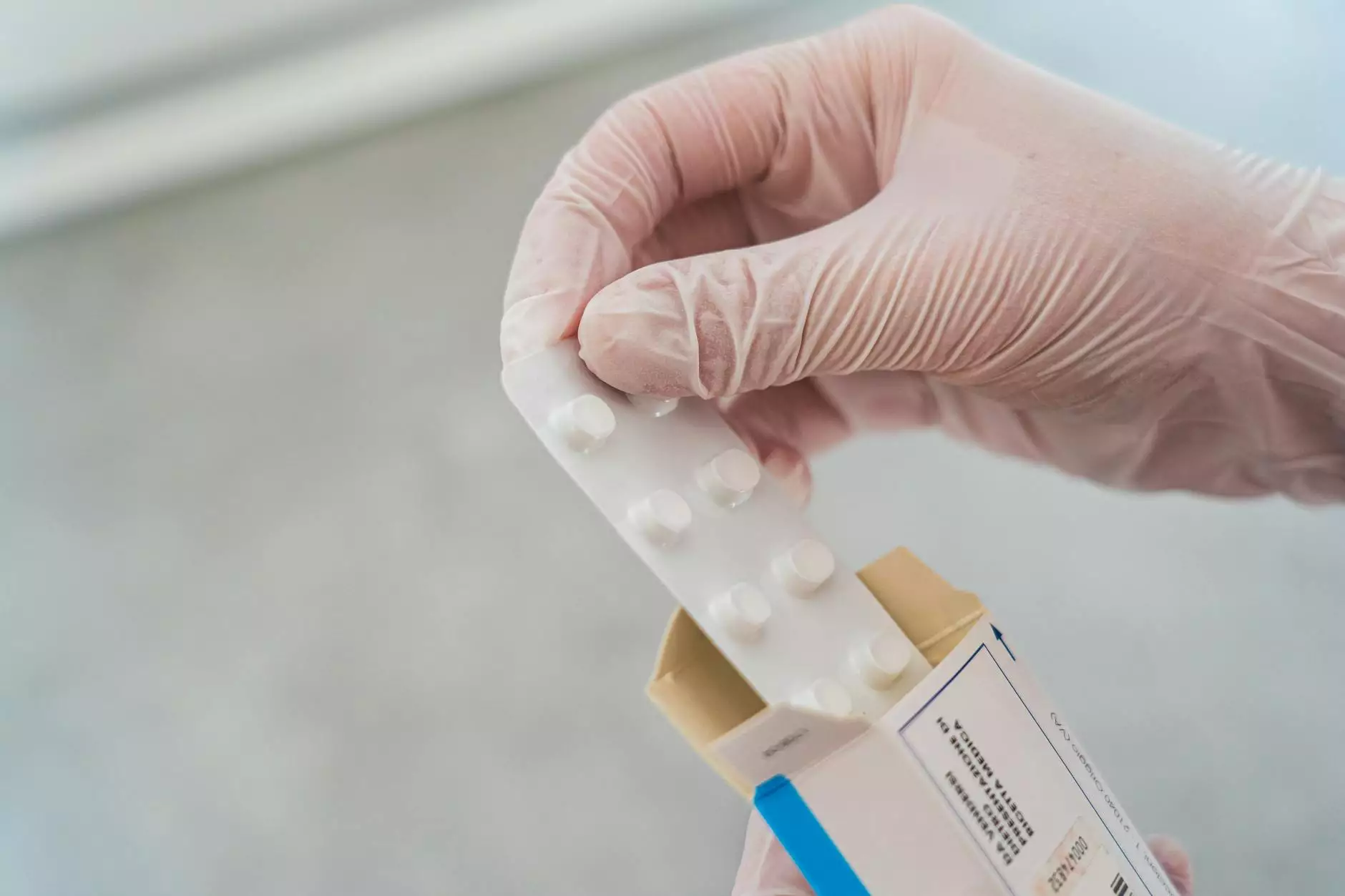Understanding Fiberglass Auto Body Panels: A Comprehensive Overview

In the ever-evolving world of automotive design and manufacturing, fiberglass auto body panels have emerged as a revolutionary innovation. They play a crucial role in enhancing both the performance and aesthetics of vehicles. This article delves deep into the advantages, applications, and overall significance of these panels in the automotive industry.
What Are Fiberglass Auto Body Panels?
Fiberglass auto body panels are components made from a composite material that comprises glass fibers and resin. This combination results in a lightweight yet incredibly strong material that has taken the automotive industry by storm. With a smooth finish and the ability to be molded into various shapes, fiberglass panels serve both functional and aesthetic purposes in vehicle construction.
Benefits of Using Fiberglass Auto Body Panels
- Lightweight: One of the most significant advantages of fiberglass is its low weight. Vehicles constructed with fiberglass auto body panels can achieve better fuel economy and superior performance due to reduced overall weight.
- Corrosion Resistance: Unlike metal panels, fiberglass does not rust or corrode, ensuring a longer lifespan and less maintenance over time.
- Design Flexibility: Fiberglass can be easily molded into complex shapes and designs, allowing manufacturers to create unique styles that enhance vehicle appeal.
- Impact Resistance: Fiberglass panels offer excellent impact resistance, protecting the vehicle's structure during minor accidents and collisions.
- Thermal Insulation: Fiberglass provides better thermal insulation compared to metal, which can help in maintaining the vehicle's internal temperature in extreme weather conditions.
Applications of Fiberglass Auto Body Panels in the Automotive Industry
The versatility of fiberglass auto body panels makes them suitable for various applications in the automotive sector:
1. Sports Cars
Sports cars often utilize fiberglass auto body panels to maximize speed and performance. Their lightweight nature allows for nimble handling, making them ideal for racing.
2. Custom Vehicles
Many custom builders prefer fiberglass panels due to the design flexibility it offers. This enables them to create unique modifications that stand out on the road.
3. Restoration Projects
Fiberglass panels are increasingly being used in classic car restorations. Since these panels can be produced to replicate discontinued models, they provide an attractive solution for enthusiasts looking to maintain or upgrade their vintage vehicles.
4. Racing Cars
In professional racing, where every ounce matters, fiberglass panels help to significantly reduce weight without sacrificing strength, giving racers a competitive edge.
The Manufacturing Process of Fiberglass Auto Body Panels
The production of fiberglass auto body panels involves several meticulous steps:
- Material Preparation: Glass fibers and resin are prepared to create the composite material.
- Molding: The prepared material is molded into the desired shape. This can be achieved using various molding techniques such as hand lay-up, spray-up, or vacuum bagging.
- Curing: The molded fiberglass is then cured to harden and solidify, creating a robust body panel.
- Finishing: After curing, the surface is prepared and finished for a smooth appearance. This may involve sanding and applying a gel coat or paint.
Comparing Fiberglass with Other Materials
While fiberglass has many advantages, it is essential to compare it with other common materials used in auto body construction:
PropertyFiberglassSteelAluminumWeightLightweightHeavyModerateCorrosion ResistanceExcellentPoorGoodCostModerateLowHighFlexibility in DesignHighLowModerateChallenges and Considerations
Despite the numerous benefits, there are a few challenges associated with fiberglass auto body panels:
- Repair Difficulties: While fiberglass is durable, repairing it can be more complex compared to metal panels. Special techniques and materials may be required for effective repairs.
- Cost Implications: Initial costs can be higher than traditional materials, though the long-term savings on maintenance can offset this.
- Environmental Concerns: The production process of fiberglass involves chemicals that can be harmful to the environment, necessitating careful manufacturing practices.
The Future of Fiberglass Auto Body Panels
The evolution of materials in the automotive industry indicates a bright future for fiberglass auto body panels. With ongoing advancements in production techniques and growing emphasis on sustainability, manufacturers are exploring new formulations that improve performance while minimizing environmental impact.
Sustainability and Innovation
As the world leans towards greener practices, the automotive industry is anticipating the need for more sustainable materials. Innovations in fiberglass compositions, including the use of bio-based resins, are paving the way for eco-friendly applications. This shift not only aligns with consumer preferences but also meets regulatory standards aimed at reducing carbon footprints.
Conclusion
The significance of fiberglass auto body panels in the automotive industry cannot be overstated. Their combination of lightweight strength, design flexibility, and resistance to environmental factors makes them an attractive choice for manufacturers and custom builders alike. As advancements continue and sustainability takes center stage, fiberglass panels are set to play a pivotal role in the future of vehicle design and manufacturing.
To explore high-quality auto parts & supplies, including fiberglass auto body panels, visit customclass.net. With our extensive selection and commitment to quality, you can find the perfect components for your vehicle's needs.



